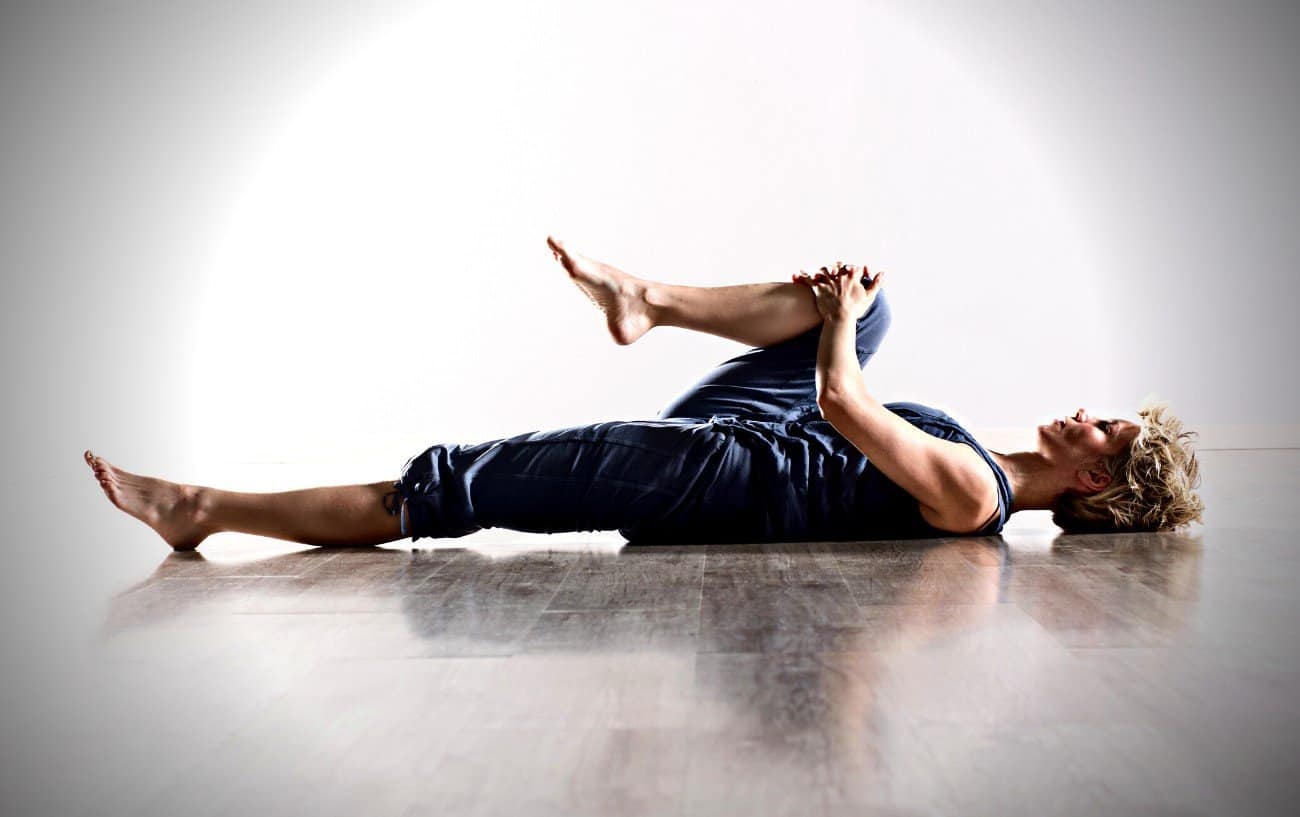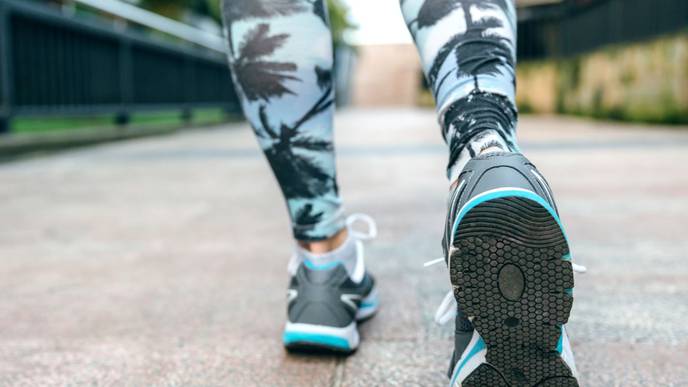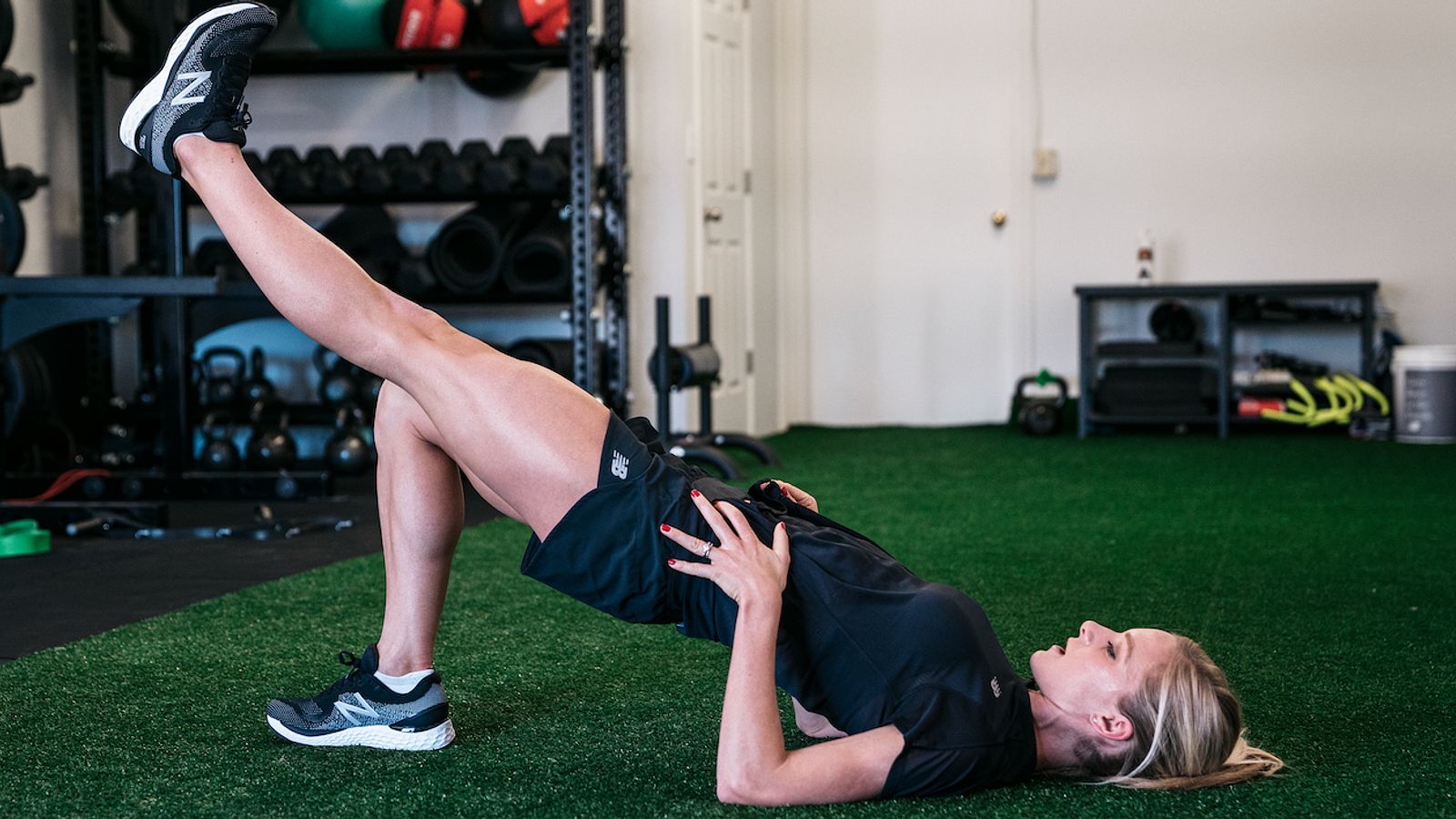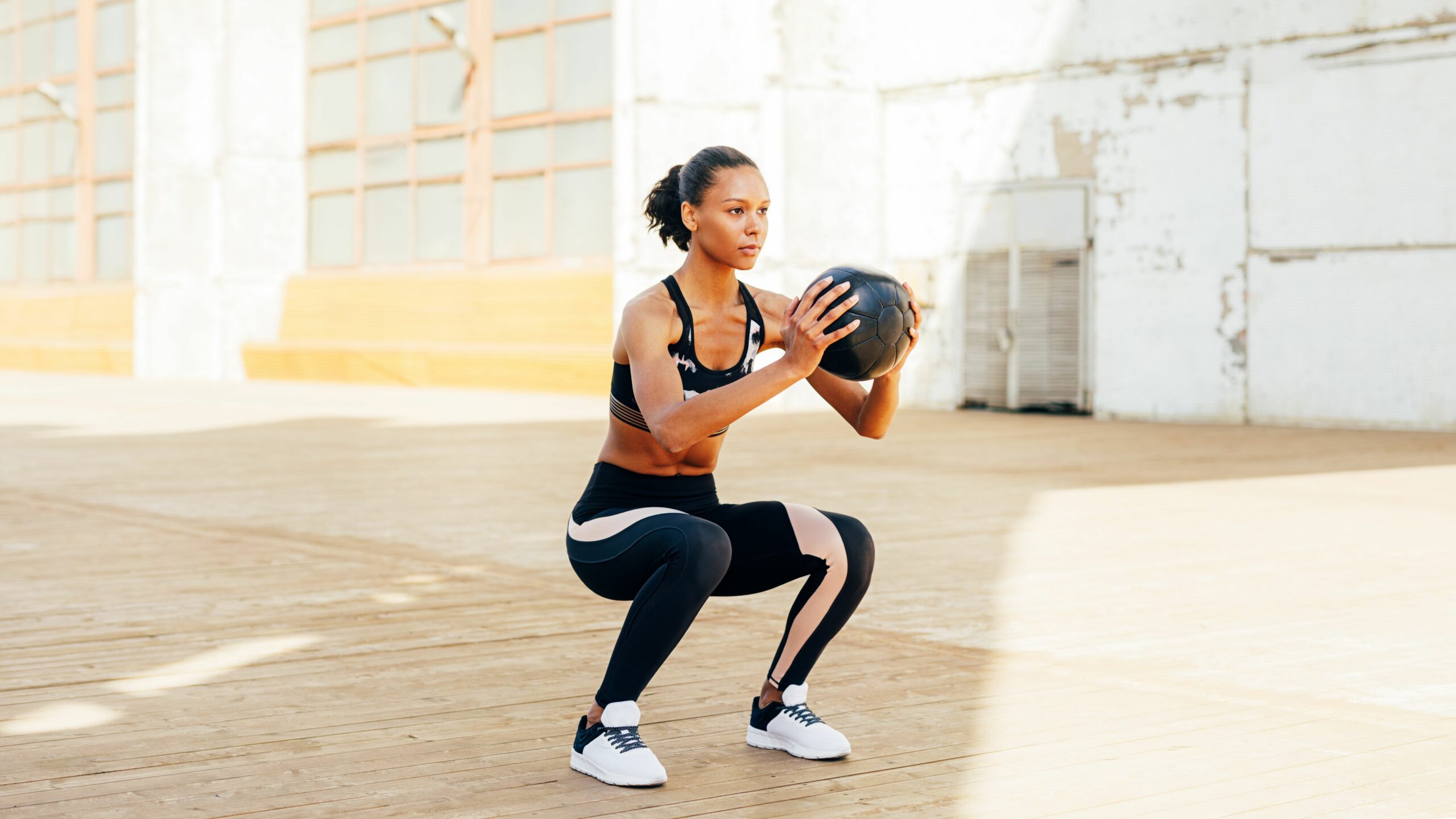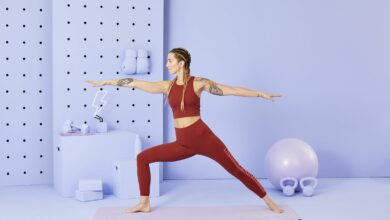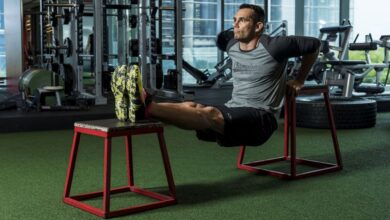
If your day-to-day routine requires you to be standing for prolonged periods of time (say, if you work in a retail or a caregiving profession), you know it can be taxing. Hello, achy knees, and foot, heel, and back pain.
“Plantar fasciitis (heel pain that develops as a result of inflammation in the tissue connecting the heel bone and toes) is a common complaint affecting people’s feet, alongside overall muscle,” explains Melissa Prestipino, DPT, a physical therapist in Sparta, New Jersey.
Poor posture (rounding your shoulders, tilting your head forward, protracting your shoulder blades, or tilting your pelvis forward, for example) can put extra pressure on the back muscles and cause chronic low back pain and musculoskeletal issues, Prestipino adds.
Also, there’s the problem of just not moving enough, says Jeff Brannigan, the program director at Stretch*d, a stretch therapy studio in New York City. When it comes to sedentary behavior, sitting tends to get more attention than standing. But research suggests that a lot of standing (in particular static standing, meaning you’re on your feet but otherwise not moving a whole lot) can bring certain health problems, too.
“Sedentary lifestyles cause the muscles to enter into a constant state of tension, which will negatively affect their ability to function properly — causing pain, compensation, and imbalances,” he says.
A review of research concluded that health problems ranging from lower back and leg pain to fatigue and discomfort to cardiovascular problems have all been linked to prolonged standing. And a study of more than 7,000 Canadian employees concluded that a cohort who worked in jobs requiring them to stand most of the time had double the risk of heart disease compared with people who sat at work most of the time.
“When you’re sedentary, your body becomes stale and brittle. Think of it the same way that a car that has been neglected in a garage would likely not run as efficiently as a car that gets regular maintenance,” Brannigan says.
The good news is that movement, and that includes dynamic and static stretching, can help if you have to stand all day.
Below are three specific stretches Prestipino recommends to help alleviate tension caused by lots of standing. Hold each stretch for 20 to 30 seconds and repeat three times on each side a few times a day to reap the full benefits, she says.
This stretch helps to promote flexibility in the calf muscles, since excess standing can lead to cramping in this region. “Stretching the calf also promotes circulation in these muscles,” Prestipino says — which can help prevent plantar fasciitis and related issues.
How to Do It Stand about a step away from a wall. Place both palms flat against the wall, step your left foot back, and bend your front knee, so you’re in a lunge position. Keep your toes pointing forward and push your left heel toward the ground until you feel a stretch along your left calf. Hold, then switch sides.This stretch helps keep the quadriceps muscles loose and flexible. As the largest muscle group in the body, the quads are crucial to all movement types, including walking, jogging, sitting, and standing, Prestipino explains.
How to Do It Use a wall for balance. Kick your right foot toward your butt and grab on to the top of your right ankle or foot. Pull your right ankle or forefoot toward your buttocks as you push the hip forward, feeling a stretch along the right quad. Brace your abdominals to stabilize your pelvis and ensure there is no arch in your back, keeping both thighs parallel to each other. Hold, and then repeat on the other leg.
Standing for long hours can cause our back extensors (which allow movement on the spine, such as flexion and bending) to tighten and fatigue, often causing low back pain. “The seated lumbar flexion stretch helps to increase your lower back flexibility and promotes circulation and blood flow to your lower spine muscles, helping to decrease tightness,” says Prestipino.
If, however, you have a current lumbar disc herniation, or a history of one, this stretch may not be appropriate. Ask your doctor before trying it.
How to Do It Sit up tall in a chair with your shoulders rolled back and your feet placed flat and slightly out in front of you. Settle your hands on your knees and slowly slide them down your legs as close to your feet as your flexibility allows. Fold over your thighs to fully lengthen your spine, keeping your chin tucked under so that your upper spine rests in a curved, C shape.
Source: everydayhealth



